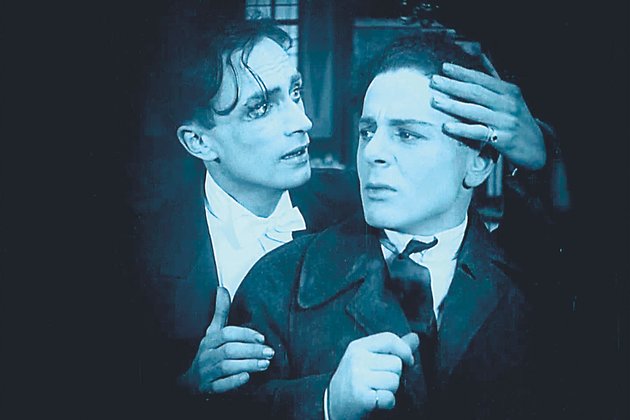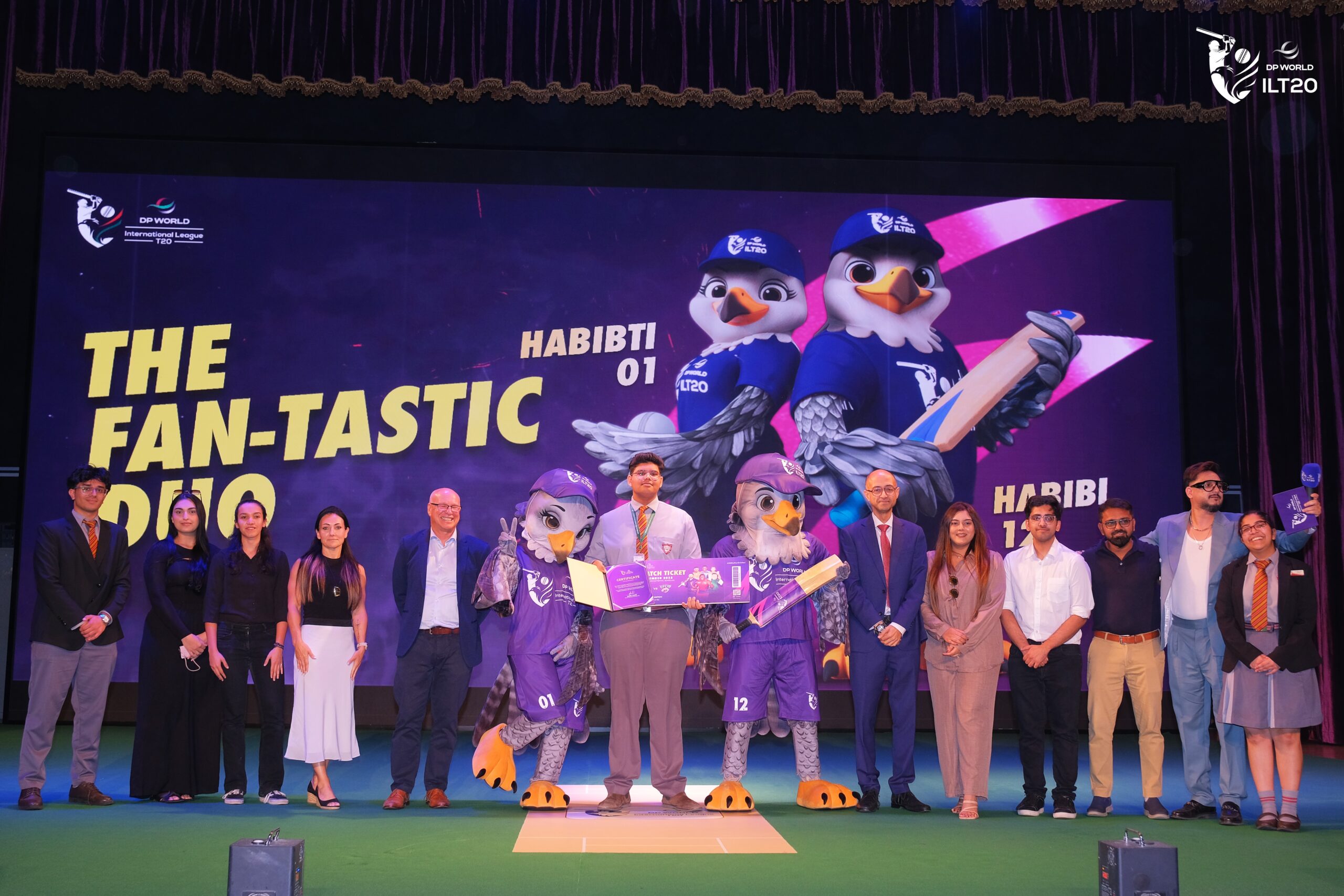When the silent German movie Anders als die Andern (Different from the Others) premiered on May 28, 1919, in Berlin, it was an instant audience success.
On the basis of a fictional romance between two men, the film hoped to inform its viewers about the innateness of homosexuality in order to dispel public conceptions of same-sex relations as aberrations of nature.
Through its public enlightenment campaign, the film made a case to abolish Paragraph 175 of the German Penal Code, which criminalized male homosexuality.
Box office hit
Following its premiere, Anders als die Andern could be seen in dozens of theatres in Berlin and Vienna and throughout German-speaking Europe, often with multiple screenings per day. The film’s box office success pleased its Austrian director, Richard Oswald. His production company was premised on the model that his films had to appeal to mass audiences in order to secure him enough money through ticket sales to make another film.
Anders als die Andern’s gripping story about the innocent romance between two men succumbing to anti-queer hostility served Oswald’s business model. The sentimental story featuring the suffering of homosexual men appealed to contemporary viewers.
And, as I detail in my book on the film, the melodramatic story helped generations of viewers recognize queer people’s long struggle to live under less than ideal circumstances.
Queer rights and film censorship
The proclamation of Germany’s Weimar Republic in 1918 ushered in a wave of progressive cultural practices associated with various gender emancipation and homosexual rights discourses.
For instance, the prominent sexologist Magnus Hirschfeld, whose research pertained to variety in gender embodiment and sexual practice, opened the Institute for Sexual Science in 1919. The institution, which was the first of its kind, became the headquarters for major scholarship on and advocacy for homosexual and trans rights.
In the same year that he opened the institute, Hirschfeld collaborated with Oswald on the making of Anders als die Andern. While progressive audiences lauded the film’s affirmative representation of same-sex love, conservatives complained that it made same-sex love appear alluring.
The latter concerns about the film indeed fed into a longstanding anti-queer trope about the threat of queer people seducing the youth into homosexuality.
Conservative pushback
Public debates about Anders als die Andern coincided with ongoing conservative pushback against Hirschfeld’s broader work, his background as homosexual Jew, and debates about film censorship in the aftermath of World War I.
Read more: The early 20th-century German trans-rights activist who transformed the world’s view of gender and sexuality
For a brief period after the war, censorship had been abolished. But the ongoing moral panics about the possible harm that sexualized images could inflict onto public life in Germany led to the reintroduction of film censorship in 1920. Public screenings of Anders als die Andern would be banned in the same year.
Mourning with fictional characters
Anders als die Andern drew on existing public familiarity with the scandalous abolitionist discourse around Paragraph 175 and the novelty of featuring same-sex romance on screen to appeal to audiences. However, most important for the audience appeal was the gripping melodramatic story.
A loving relationship between two men succumbs to the effects of a blackmail campaign involving Paragraph 175. Viewers of the film would witness the protagonist, Paul Körner (played by Conrad Veidt), find happiness in a relationship with a younger man – only for that happiness to come undone over the course of the film.
A blackmailer threatens to report Körner to the police for breaching Paragraph 175. Körner refuses to submit to the blackmailer, and the resulting public scandal about his homosexuality costs Körner his livelihood, his relationship and his life, ultimately.
Based on my analyses of historical material about the reception of the film, I make a case that the film facilitates for viewers a type of mourning for the protagonist’s fate. Feeling bad with and for the protagonist also means that viewers establish connections between the conditions that give rise to Körner’s suffering and to those that suppress queer life in the historical moments of each generation of viewers.
By positioning viewers to mourn with Körner, the film reminds them of the long struggle for queer liberation and how much more work there lies ahead.
105th Anniversary
In the end, Anders als die Andern did not help abolish Paragraph 175. The legal code would take different forms throughout the 20th century, but would not disappear from Germany’s basic law until the 1990s.
Nonetheless, the film’s melodramatic queer story continues to have a big impact on audiences. For its 105th anniversary in 2024, viewers will be able to watch a new restoration available on DVD through the film museum in Munich, Germany.
Author: Ervin Malakaj – Associate Professor of German Studies, University of British Columbia 
























